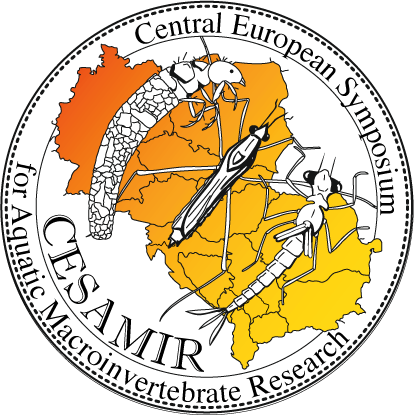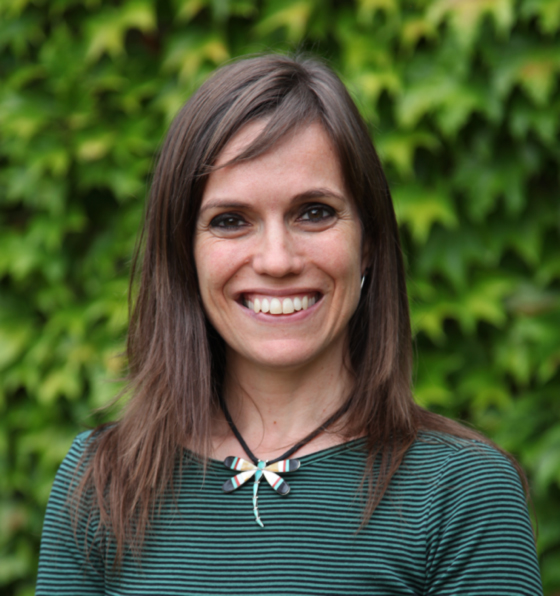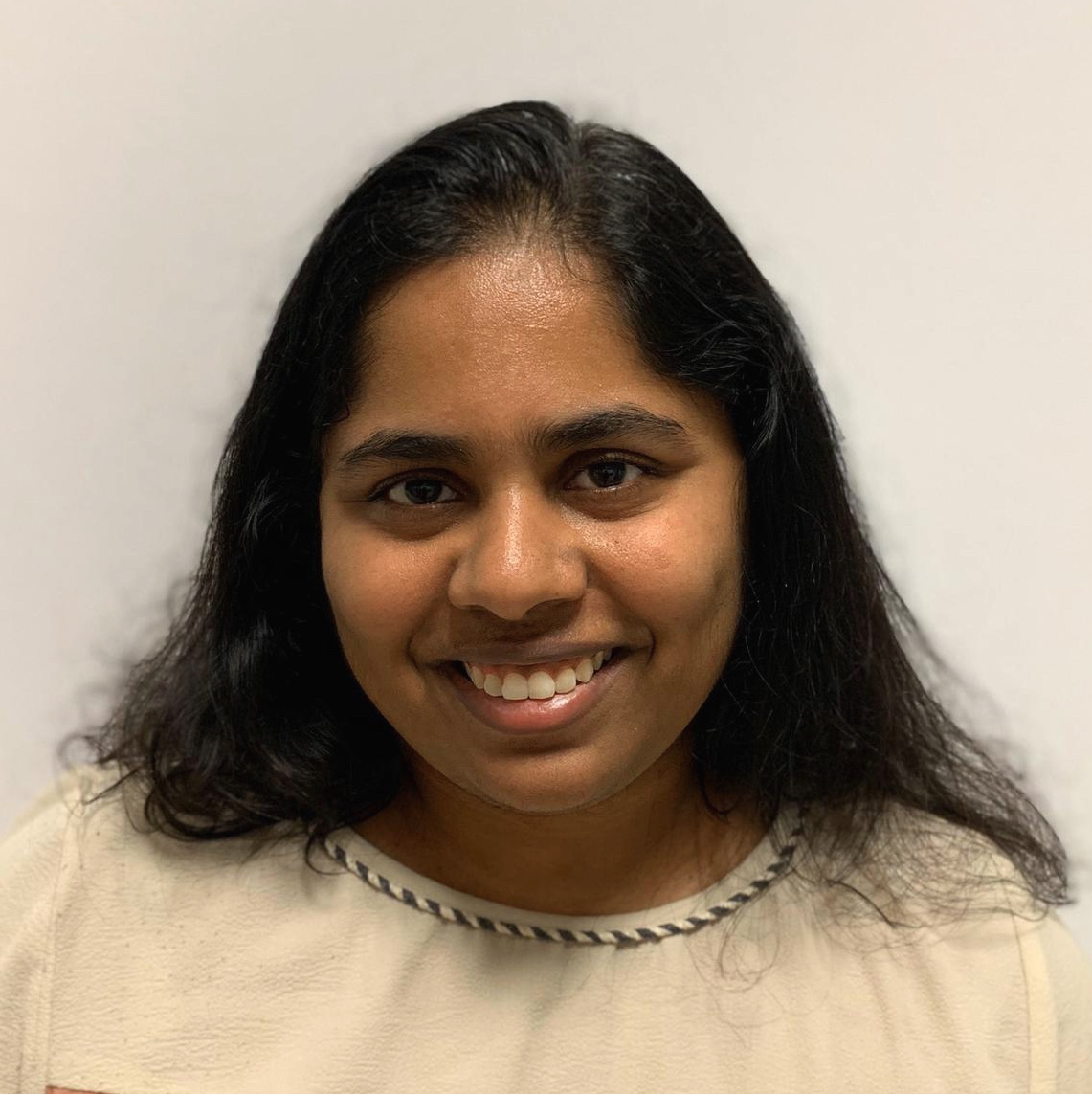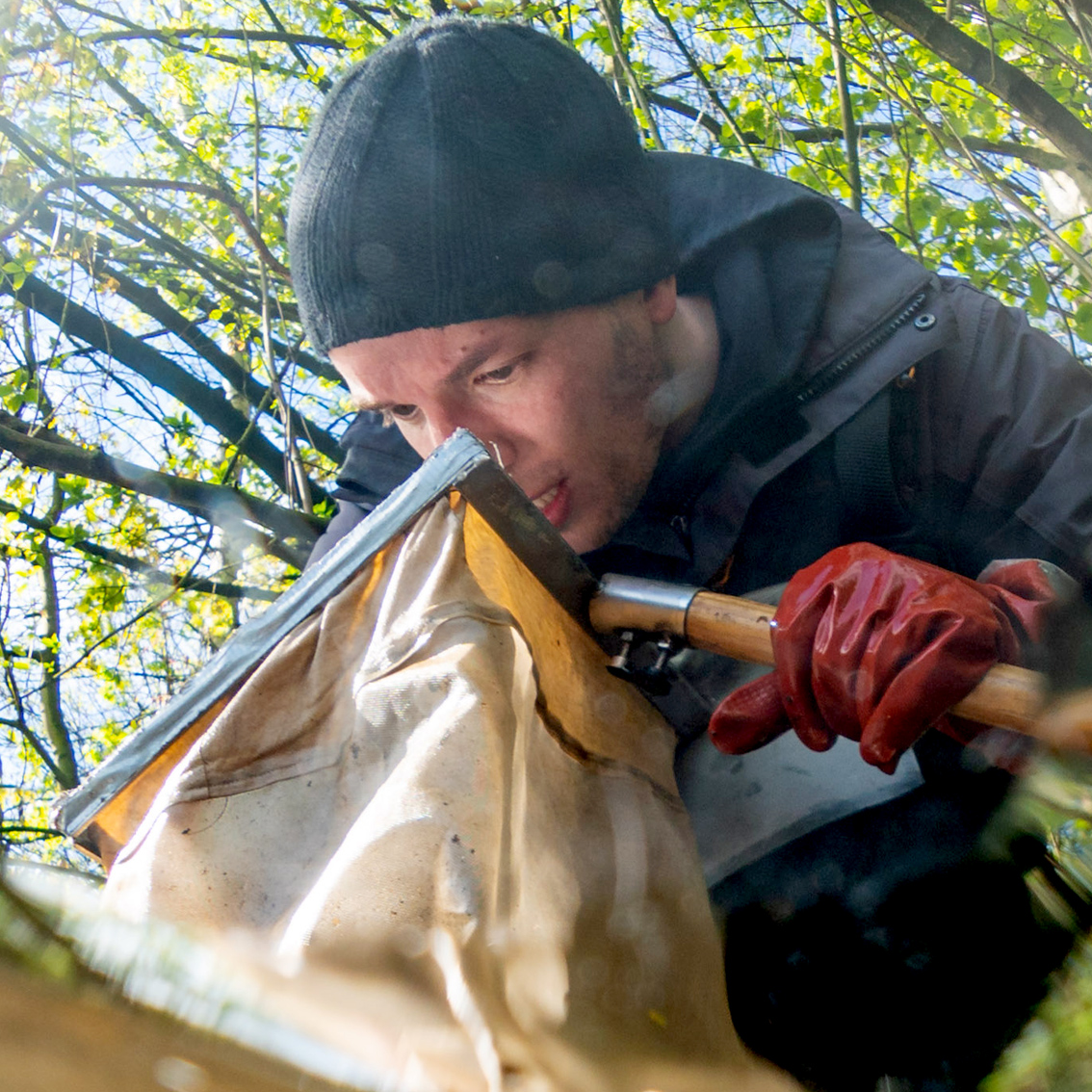
Plenary Speakers
Prof. Núria Bonada
Spain
Núria Bonada is Full Professor in Biology and Ecology at the University of Barcelona, Serra Húnter Fellow, ICREA-Academia since 2022, member of the Research Institute of Biodiversity (IRBio), and head of the Freshwater Ecology, Hydrology and Management (FEHM) research group.
She has focused her research on the ecology of river ecosystems, combining fundamental, applied, and social aspects. In particular, she has been interested in understanding the effects of natural and anthropogenic disturbances on freshwater biodiversity (mainly macroinvertebrates) to improve river conservation and management worldwide, and how citizens can contribute to this research and benefit from it. Her studies on macroinvertebrates have been conducted in different river ecosystems of the world and at different scales (continental, regional, local) but, in particular, on intermittent rivers and in Mediterranean regions. Despite intermittent rivers occupy a large portion of the global river network, are ecologically unique, and are expected to be more common in the future, she has shown there are still many research gaps and are poorly recognised by managers and the general public to propose successful adaptive management plans. In particular for Mediterranean rivers, where drying has triggered many evolutionary adaptations and are especially biodiverse, she has shed some light on (1) how this biodiversity is organised in space and time to cope with drying, (2) how human activities are jeopardizing Mediterranean rivers, (3) how these rivers should be managed to halt biodiversity loss and ensure healthy ecosystems, and (4) how we can effectively engage citizens in research and management. Her research has resulted in more than 150 scientific publications as papers, books and book chapters, and has participated in more than 40 national and international research projects and contracts. She has been Associate Editor of Hydrobiologia, Aquatic Sciences and Biology Letters, and she is currently a member of the editorial board of Freshwater Science, Knowledge and Management of Aquatic Ecosystems, and the Boletín de la Asociación Española de Entomología. She has a collaboration network of 10+ national and 30+ international researchers. She is now the President of the Iberian Association of Limnology (AIL) and has been member of the executive committee of Freshwater Biology Association (FBA).
Núria will give a lecture with a title “Freshwater biodiversity in Mediterranean climate regions: current status and future trends”.
Dr. Astrid Schmidt-Kloiber
Austria
Astrid Schmidt-Kloiber is senior scientist at the Institute of Hydrobiology and Aquatic Ecosystem Management at the University of Natural Resources and Life Sciences in Vienna (BOKU University). She is a freshwater ecologist by training and member of the working group RHEOPHYLAX, dealing with topics related to benthic invertebrates in a changing environment. In her research she mainly focuses on freshwater biodiversity including data management and processes of scientific data publishing. She is the main driving force behind the Freshwater Information Platform (www.freshwaterplatform.eu), a knowledge base offering all kind of resources for freshwater scientists, managers and policy makers. Additionally, she has established and maintains freshwaterecology.info (www.freshwaterecology.info), a Europe-wide database for ecological preferences and biological traits of macro-invertebrates, fishes, macrophytes, diatoms and phytoplankton.
Astrid is European co-chair of the Freshwater Biodiversity Observation Network (FWBON; https://geobon.org/bons/thematic-bon/freshwater-bon/) and co-leads the data & synthesis pillar in the Alliance for Freshwater Life (www.allianceforfreshwaterlife.org). Together with colleagues from the UK and Austria she has founded an IUCN Species Specialist Group for Ephemeroptera, Plecoptera and Trichoptera where she takes care about the conservation of these organism groups.
Dr. Amrita Srivathsan
Germany
Amrita Srivathsan is a research scientist at the Museum für Naturkunde – Leibniz-Institut für Evolutions- und Biodiversitätsforschung in Berlin. She is a member of the Center for Integrative Biodiscovery and her work is focussed on the field of species interactions and developing tools for biodiversity research, with a focus on bioinformatics. She is the developer of ONTbarcoder, a user-friendly software facilitating large-scale barcoding using Nanopore sequencing technology and has been developing large-scale barcoding pipelines for over a decade. She is focussed on developing techniques and providing easy-to-use solutions for large-scale species discovery and integrative taxonomy efforts and these pipelines are being routinely used for handling thousands of insect specimens.
Amrita obtained her PhD in a joint programme between National University of Singapore and Imperial College London during which she specialized in developing metagenomic techniques for diet analysis, laying the groundwork for her subsequent research. More recently she has been focused on developing cost-effective methods for studying species interactions at scale notably through metabarcoding of fly fecal samples. This approach offers scalability and affordability, crucial for widespread species interaction studies and monitoring of vertebrate populations. She is an Associate Editor of Cladistics.
Dr. Arne J. Beermann
Germany
Arne J. Beermann is a scientist at the department of Aquatic Ecosystem Research, led by Florian Leese, at the University of Duisburg-Essen. While being a morphotaxonomist and marine biologist by training, his main research focuses on employing DNA-based identification approaches to characterize freshwater macroinvertebrate communities. As a member of the former German Barcode of Life I (GBOL I) initiative, he used integrative taxonomic approaches to identify single invertebrate species and complement reference sequence databases. Curating reference databases and developing standards for reliable barcoding and metabarcoding identification results is the objective of one of his current projects, the “dbDNA project” (https://www.gedna.de/dbdna/). Within his PhD studies, Arne started exploring the potential of using DNA metabarcoding to analyse the effects of multiple stressors on macroinvertebrate communities, which includes the benefits of high taxonomic resolution but at the cost of a lack of abundance data. He continues his interest in multiple stressor research as part of the Collaborative Research Centre (CRC) 1439 “RESIST” (https://sfb-resist.de/), in which, among a multitude of other aims, the combination of DNA- and image-based methods are tested to obtain both high taxonomic resolution and abundance/biomass data.
Beyond that, Arne is involved in the GeDNA project (https://www.gedna.de/) testing the potential of DNA metabarcoding for routine freshwater monitoring in Germany as well as the TrendDNA project (https://trenddna.de/en/) exploring long-term biodiversity trends using suspended particulate matter from the German environmental specimen bank. Arne was responsible for DNA metabarcoding of macrozoobenthos in the Joint Danube Survey 4 (https://www.danubesurvey.org/jds4/about) and will continue his efforts in the upcoming JDS5 sampling campaign. He was part of the EU Cost Action CA15219 “DNAqua-Net” (2016-2021; https://dnaqua.net/) and is a current member of the ongoing eDNAqua-Plan project (https://ednaquaplan.com/).




